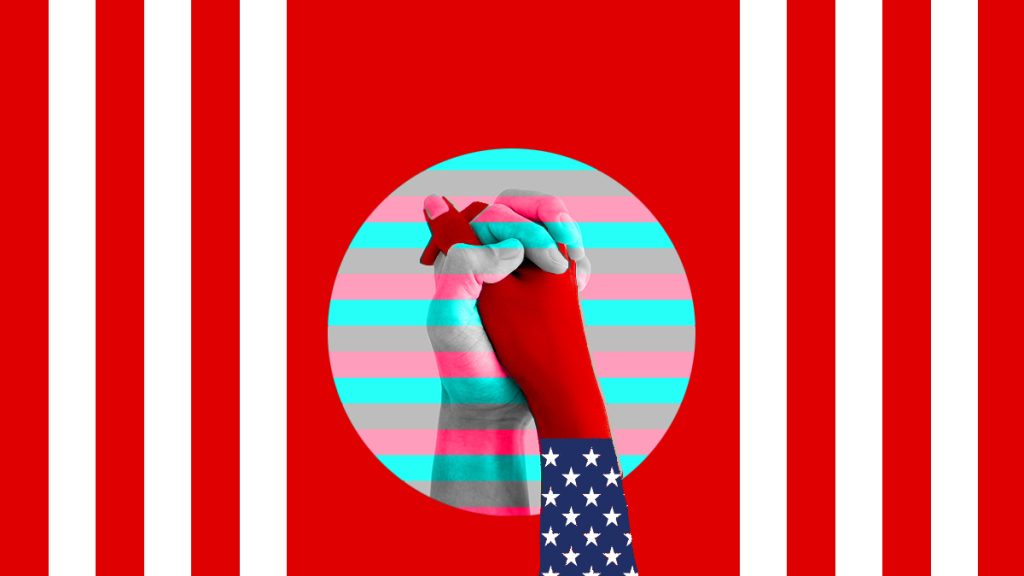
This week, TikTok gave journalists a tour of what it refers to as its Transparency and Accountability Center. As part of its effort to show authorities in the United States that it is ready to dialogue. Screens outlined how TikTok selects and suggests the short films on its app in an office park in this city close to Los Angeles. The tour coincides with TikTok’s recent announcement of its intention to separate its U.S. operations and hire outside observers to keep an eye on them. TikTok created the plan to reassure American officials and politicians. Who have expressed fear that the Chinese government would order ByteDance Ltd., a Beijing-based company that owns the app, to spy on or choose which movies American users see.
Can TikTok Change How It Appears?
U.S. lawmakers and regulators have criticized TikTok for being accused of brainwashing American teenagers into the Communist Party and sending their data to Beijing’s computers. The NYT’s Raymond Zhong interviewed the company’s chief executive officer, Alex Zhu, who discussed his efforts to alleviate Washington’s concerns. He asserted that TikTok does not censor videos that offend China. And no, it doesn’t share user information with its Beijing-based parent business, let alone China.
It’s yet to be apparent how Washington will react to these assurances. This explains why TikTok is allegedly considering a variety of additional ideas to help boost its reputation. In his NYT interview, Mr. Zhu did not wholly rule out the possibility of TikTok being separated into a new firm with a new board. To lessen reminders of its Chinese beginnings. TikTok has also “limited the quantity of content from China that shows on the app,” according to the WSJ.
Can You Actually Trust TikTok?
Back when the Trump administration sought to outlaw TikTok, some put up a vigorous defense. A large portion of which was based on what TikTok had disclosed to the public about how it was handling people’s data — locally in the US and apart from ByteDance’s Chinese ownership and the Chinese government that watches over the shoulders of practically every local business. At the time, this protected data, which essentially included specifics about our activities and interests, from prying eyes, particularly those from a nation that actively engages in cyberterrorism against the United States and other countries.
However, TikTok’s recent initiatives to clean up its data handling strategy have the world rethinking the initial viewpoint. Earlier, TikTok disclosed that it was collaborating with the Biden Administration to transfer the platform’s data to Oracle. A reputable third-party database and cloud services provider, off its infrastructure. The theory is that Chinese employees will only be able to access data if stored on TikTok-owned servers, including ones in the United States.
That’s great, isn’t it? The issue might be that it is now clear that Chinese workers of TikTok at different levels have had access to your TikTok data for years. There are no signs that anything illegal is taking place. In fact, given TikTok’s expanding US employees, their main goals are to please, make money from, and, hopefully, safeguard U.S. users. However, Chinese employees have always been involved. You would like to know if someone at ByteDance headquarters needs to look for signs that could aid the Chinese government in developing more effective cyberattacks against American civilians or our infrastructure.
The Shady Side of Tiktok
To retain users on the network and expose them to targeted advertising, TikTok is in the business of entertaining users. On the other hand, TikTok can be used to disseminate false information and sway users against their will. It has been used to promote COVID conspiracies and other medical misinformation and purportedly to sway Kenya’s national elections.
The adamant opposition to TikTok from the US government becomes more understandable when seen in the context of weaponization. Furthermore, recent developments have given us substantial reason to believe that Chinese actors are mass-harvesting web data. A data leak from Zhenhua Data, a Chinese firm with clients like the Chinese government and the People’s Liberation Army, was covered by Australian media in 2020.
Wrap Up
TikTok is a huge part of mainstream media and pop culture. To underestimate its power and effect on teenagers, especially, can prove costly. Yet the fact if you can trust the app or not will remain debatable for eternity. Especially with the eternal US and China tensions. Questioning and being skeptical about TikTok can be channeled towards pushing the app to strive for transparency. You have all the right to be suspicious, but don’t you think directing toward making the app leaders put more effort and create more initiatives to increase honesty with users is better?
Inside Telecom provides you with an extensive list of content covering all aspects of the tech industry. Keep an eye on our Tech sections to stay informed and up-to-date with our daily articles.